The kitchen is often the heart of the home, but it can also be a significant source of waste and energy consumption. By making small changes in your daily habits and adopting eco-friendly practices, you can make your kitchen more sustainable and contribute to a healthier planet. Here are 12 ways to be more environmentally friendly in the kitchen and embrace a greener lifestyle.
1. Reduce Food Waste
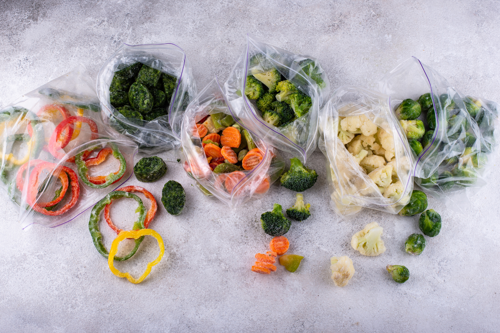
Plan your meals ahead of time, shop with a list to avoid impulse buying, and store food properly to minimize waste. Use leftovers creatively by incorporating them into new dishes, and compost any unavoidable scraps to create nutrient-rich soil for your garden or plants.
2. Use Reusable Containers
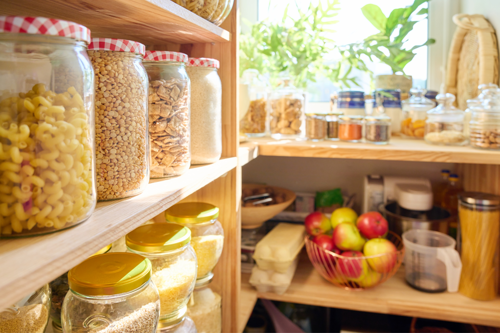
Replace single-use plastic bags and containers with reusable alternatives like glass jars, silicone bags, and beeswax wraps. These options are not only better for the environment but can also save you money in the long run.
3. Choose Energy-Efficient Appliances
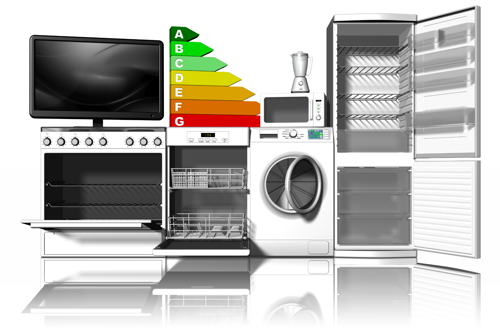
When it's time to replace appliances, opt for energy-efficient models with the ENERGY STAR label to reduce energy consumption and save on utility bills. These appliances use less energy and water, helping you lower your carbon footprint.
4. Conserve Water
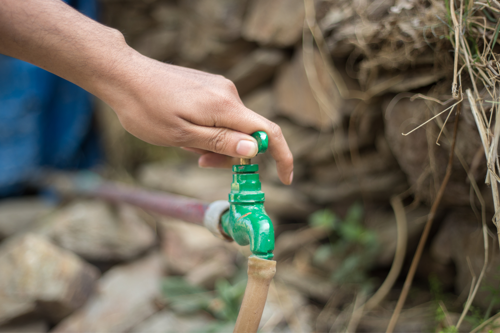
Fix leaks promptly, use a dishwasher when full (as it's generally more efficient than handwashing), and install a low-flow faucet to save water in the kitchen. You can also collect water used for rinsing fruits and vegetables to water your plants.
5. Cook Smart
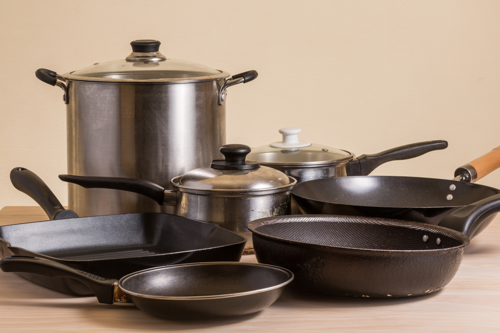
Use the right-sized pots and pans for your burners to maximize heat efficiency, keep lids on while cooking to reduce heat loss, and utilize residual heat by turning off the stove a few minutes before your dish is done cooking.
6. Use Eco-Friendly Cleaning Products

Switch to biodegradable, non-toxic cleaning products, or make your own using natural ingredients like vinegar, baking soda, and lemon. This reduces the number of harmful chemicals released into the environment and improves indoor air quality.
7. Buy Local and Organic
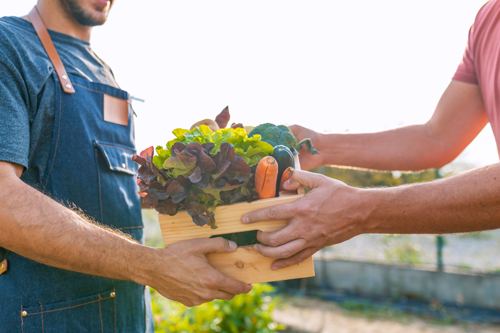
Support local farmers and reduce your carbon footprint by purchasing locally grown, organic produce whenever possible. Buying in-season fruits and vegetables also ensures you're getting the freshest, most nutritious options.
8. Go Meatless More Often
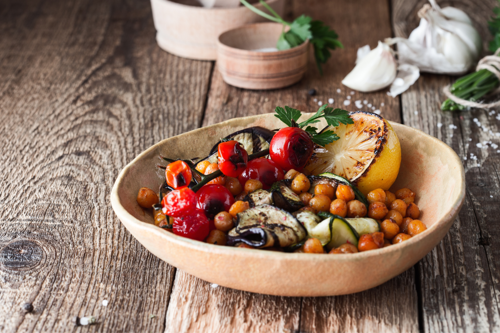
Incorporate more plant-based meals into your diet to reduce your environmental impact and improve your health. Producing meat, especially beef, requires significantly more resources and contributes to greenhouse gas emissions.
9. Recycle and Compost
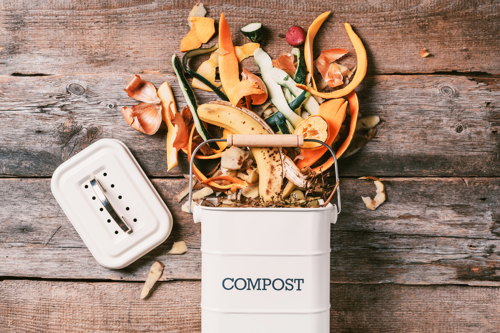
Recycle cans, bottles, and paper products, and start a compost bin for food scraps to reduce landfill waste. Composting not only helps the environment but also provides nutrient-rich material for your plants or garden.
10. Grow Your Own Herbs and Vegetables
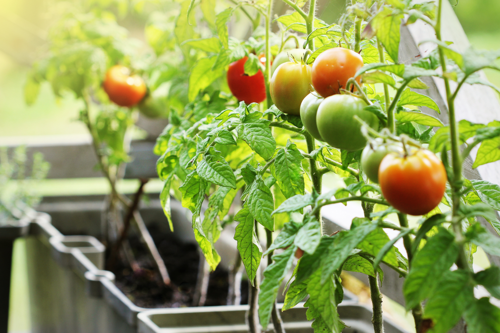
Start a small kitchen garden or windowsill herb garden to enjoy fresh, homegrown produce while reducing your environmental impact. Growing your own food also helps you appreciate the effort that goes into food production.
11. Use Cloth Towels and Napkins

Replace disposable paper towels and napkins with washable cloth alternatives to reduce waste and save money. Cloth towels and napkins can be easily washed and reused, making them a more sustainable choice.
12. Minimize Single-Use Items
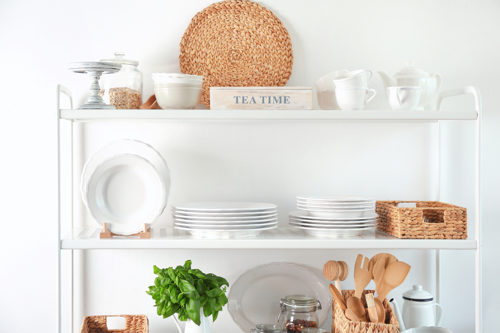
Avoid disposable plates, cutlery, and cups, and opt for reusable options instead. Investing in durable, reusable kitchenware not only reduces waste but also enhances your dining experience.
Embrace Sustainability in Your Kitchen
By adopting these 12 eco-friendly practices, you can make your kitchen more environmentally sustainable and contribute to a healthier planet. Remember that every small change adds up, so start today and inspire others to join you on the journey towards a greener lifestyle.








